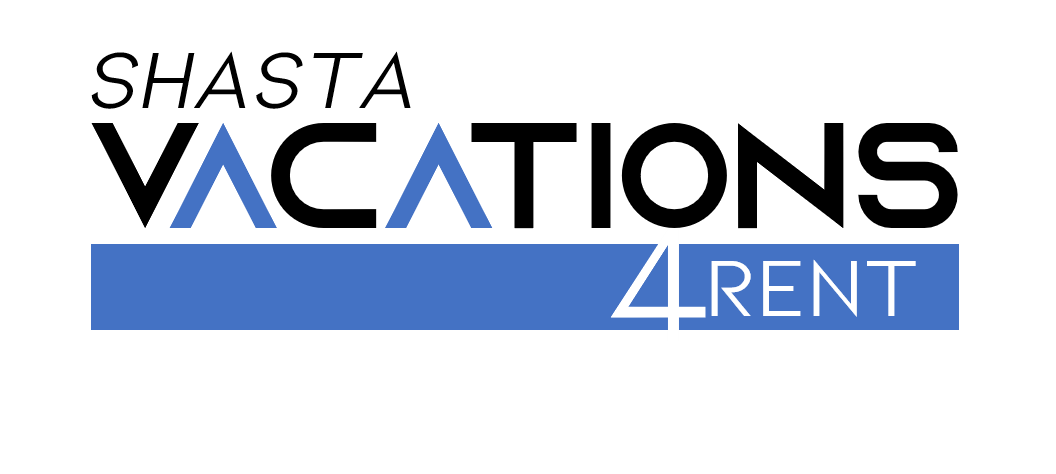
Navigating the Finances of Vacation Rentals: Who Covers What?
Introduction: Owning and managing a vacation rental is an exciting venture, but understanding the financial landscape is crucial for a successful and sustainable business. In this blog, we’ll dive into the various expenses associated with vacation rentals and shed light on who typically covers these costs—whether it’s the property owner, the property manager, or the guests.
1. Property Acquisition and Mortgage: Owner Pays: The property owner is responsible for the initial purchase of the property and any associated mortgage payments.
2. Property Insurance: Owner Pays: Property insurance, which covers the structure and may include liability coverage, is typically the responsibility of the property owner.
3. Property Taxes: Owner Pays: Property taxes are an owner expense and contribute to local services and infrastructure.
4. Utilities: Owner Pays: Basic utilities such as water, electricity, and gas are usually covered by the property owner.
5. Property Management Fees: Owner Pays: If the property owner hires a property management company, they will typically pay management fees, which can vary based on services provided.
6. Marketing and Advertising: Owner Pays or Manager Pays: Marketing expenses, including listing fees, professional photography, and advertising costs, may be covered by the owner or shared with the property manager.
7. Maintenance and Repairs: Owner Pays: Routine maintenance and repairs to keep the property in good condition are the responsibility of the property owner.
8. Cleaning Fees: Guest Pays: Cleaning fees are usually passed on to the guest as part of their overall booking cost.
9. Guest Amenities: Owner Pays: Providing amenities like toiletries, coffee, and other guest comforts is typically the responsibility of the property owner.
10. Property Upgrades and Renovations: Owner Pays: Costs associated with major upgrades or renovations to enhance the property are borne by the property owner.
11. Booking Platform Fees: Owner Pays or Guest Pays: Fees associated with booking platforms like Airbnb or VRBO may be covered by the owner or passed on to the guest through service fees.
12. Occupancy Taxes: Guest Pays: In many locations, guests are responsible for paying occupancy taxes, which go to local governments.
13. Security Deposits: Guest Pays: Security deposits, collected to cover potential damages, are paid by the guest and refunded after the stay if no issues arise.
14. Pet Fees: Guest Pays: If a property is pet-friendly, guests typically pay pet fees to cover additional cleaning costs and potential damages.
Conclusion: Understanding the financial dynamics of vacation rentals is essential for property owners, managers, and guests alike. While owners bear many ongoing costs, guests contribute through fees, cleaning charges, and taxes. Property managers play a crucial role in streamlining operations and marketing, and their fees are often factored into the owner’s expenses. Striking a balance in expense distribution ensures the sustainability and profitability of vacation rental businesses.
For expert guidance on optimizing your vacation rental investment, consider consulting with Lori and Dave at Shasta Lakeshore Retreat and Vacations 4 Rent. Their extensive experience in property management, proactive marketing, and advising can help you navigate the financial landscape of vacation rentals with confidence.
November 21, 2023
David & Lori Raun
Vacations 4 Rent
www.shastavacations4rent.com
& Shasta Lakeshore Retreat
www.shastalakeshoreretreat.com
Lori: Cell/Text: (925) 200-6934
ShastaRetreats@gmail.com






One Comment